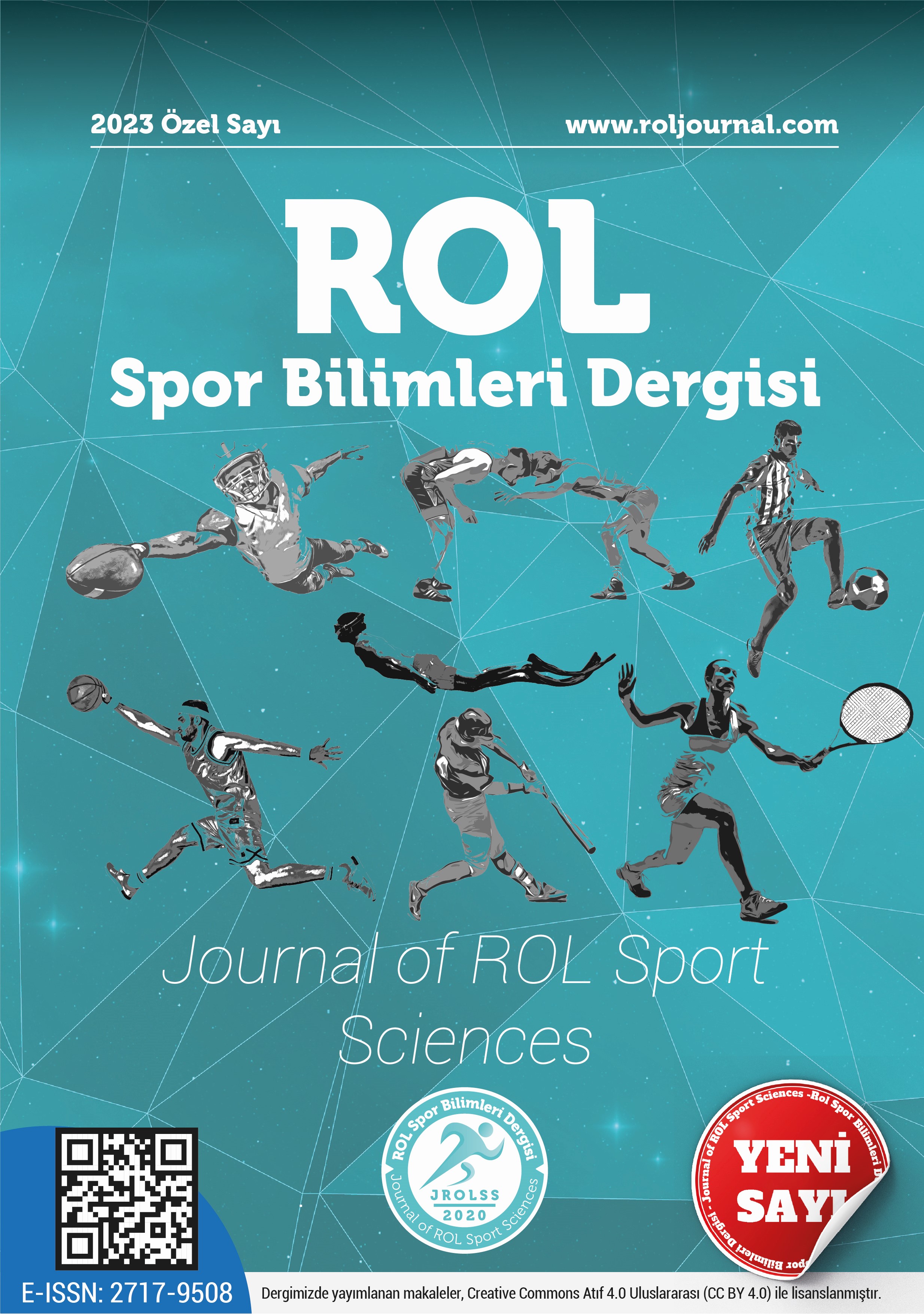The historical journey of recreation research: A bibliometric study (1955-2022)
DOI:
https://doi.org/10.5281/zenodo.8422966Keywords:
Bibliometrics, recreation, recreation related areas, vosviewerAbstract
The notion of recreation is broad and intertwined with many fields. According to the bibliometric analysis method, the study's goal is to examine studies in the international literature in which recreation and other areas related to recreation (health, environment, education, sports, tourism, game, culture, economy, art, and landscape architecture) are used together. On February 4, 2023, 51,235 studies from 1955 to 2022 were analyzed and categorized in terms of bibliometric indicators in the Scopus database, with the limitation of title, abstract, and keywords. "Co-authorship" and "co-existence" analyses were performed in the "VOSviewer" software to perform the bibliometric analysis and visualize the data. According to the bibliographic analysis, the most studies on the subject are in the field of recreation and health (13,696), recreation and tourism studies have increased in recent years, but recreation and game studies have decreased significantly. Most studies on the subject were published in the field of recreation and health in 2022 (752), and the "Research Quarterly for Exercise and Sport" magazine included the most studies in the fields of health, environment, and sports. Upon examination of the network map, it was found that the most frequently utilized keyword was "physical activity."It is believed that the study will outline a roadmap for future research endeavors.
References
Callow, D. D., Arnold-Nedimala N. A., Jordan, L.S., Pena, G. S., Won J., Woodard, J. L., & Smith, J. C. (2020). The mental health benefits of physical activity in older adults survive the COVID-19 pandemic. The American Journal of Geriatric Psychiatry, 28(10), 1046-1057, https://doi.org/10.1016/j.jagp.2020.06.024
Çetiner, H. (2019). Sağlık rekreasyonu kapsamında terapatik rekreasyon uygulamaları. Journal of Recreation and Tourism Research, 6(4), 405-411. https://doi.org/ 10.31771/jrtr.2019.42
Çöpür, H. (2020). Ünı̇versı̇te öğrencı̇lerı̇nde depresyon ve boş zamanın anlamı ilı̇şkı̇sı̇nı̇n incelenmesı̇. Yüksek Lisans Tezi, Karamanoğlu Mehmetbey Üniversitesi Sosyal Bilimler Enstitüsü, Karaman.
Donthu, N., Kumar, S., Mukherjee, D., Pandey, N. & Lim, W. M. (2021). How to conduct a bibliometric analysis: An overview and guidelines. Journal of Business Research, 133(20), 285-296. https://doi.org/10.1016/j.jbusres.2021.04.070
Godbye, G., & Mowen, A. (2010). The benefits of physical activity provided by park and recreation services: The scientific evidence. Ashburn, VA: National Recreation and Park Association.
Gözen, E. (2020). Rekreasyon bilim dalının geçmişten günümüze bibliyometrik analizi. Gaziantep University Journal of Social Sciences, 19(2), 572-588. https://doi.org/10.21547/jss.635014
Gül, T., Karaçar, E., Kement, Ü., Paslı, M. M., Yayla, Ö., Erol, E., & Göker, G. (2014). Rekreasyona giriş. Boş zaman ve rekreasyon, Yaylı, A. (Editör) Ankara: Detay Yayıncılık, 2-62.
Karaküçük, S. (2008). Rekreasyon: Boş zamanları değerlendirme. Ankara: Gazi Kitabevi.
Downloads
Published
How to Cite
Issue
Section
License
Copyright (c) 2023 Journal of ROL Sport Sciences

This work is licensed under a Creative Commons Attribution 4.0 International License.

